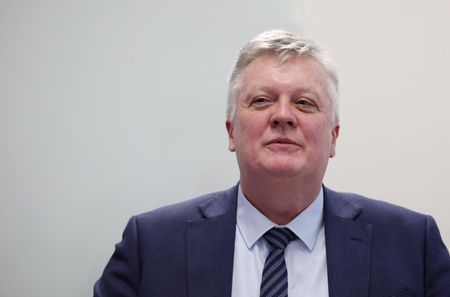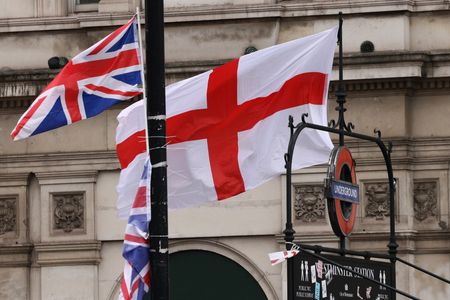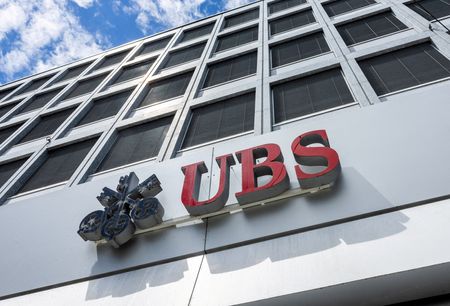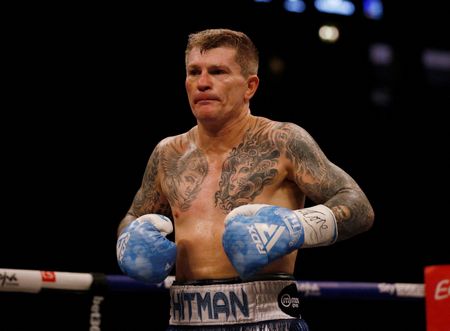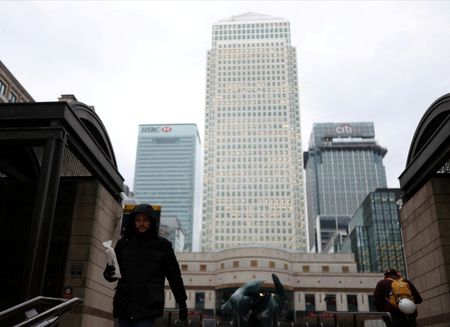By William Schomberg and Andy Bruce
LONDON (Reuters) -Bank of England Chief Economist Huw Pill said the BoE’s pace of interest rate cuts had been too fast given still strong wage pressures on inflation, but his vote this month to keep borrowing costs on hold was likely to prove “a skip” not a halt.
The British central bank lowered interest rates by a quarter point to 4.25% on May 8 in a three-way split vote, with two members of the Monetary Policy Committee favouring a bigger cut, and two – including Pill – favouring a hold.
“I would characterise my May vote as favouring a ‘skip’ within a continuing withdrawal of monetary policy restriction, rather than a halt to the process of withdrawal,” Pill said in a speech at Barclays in London on Tuesday.
“It should not be seen as favouring a halt to – still less a reversal – of that withdrawal of restriction.”
Pill said the quarterly pace of rate cuts since mid-2024 had been “too rapid”.
While interest rates remained on a downward path and the underlying process of disinflation was ongoing, indicators of persistence in price pressures were still a cause for concern and colleagues on the MPC shared similar worries, he added.
“(As) long as disinflation back to target is not complete, maintenance of some restriction will still be required. On my reading, that is a view that is held across a broad swathe of MPC members,” Pill said.
He said the recent use of scenarios by the BoE in its quarterly economic outlook was useful because they helped to show some of his concerns about the inflation outlook that “run beyond” the central view.
Inflation data on Wednesday will likely show consumer prices increased sharply in April, driven in part by higher energy bills. Earlier this month the BoE said it expected inflation to peak at around 3.5% this year.
While BoE Governor Andrew Bailey has said the coming hump in inflation was unlikely to have longer-lasting effects on pricing behaviour, Pill said he had worries about potential changes in the structure of the economy and labour market.
“I am concerned about the potential inflationary impact of structural changes in price and wage setting behaviour, following the experience of prolonged, well above-target inflation in recent years,” Pill said.
(Reporting by William Schomberg, writing by Andy Bruce; editing by Suban Abdulla and Alex Richardson)

